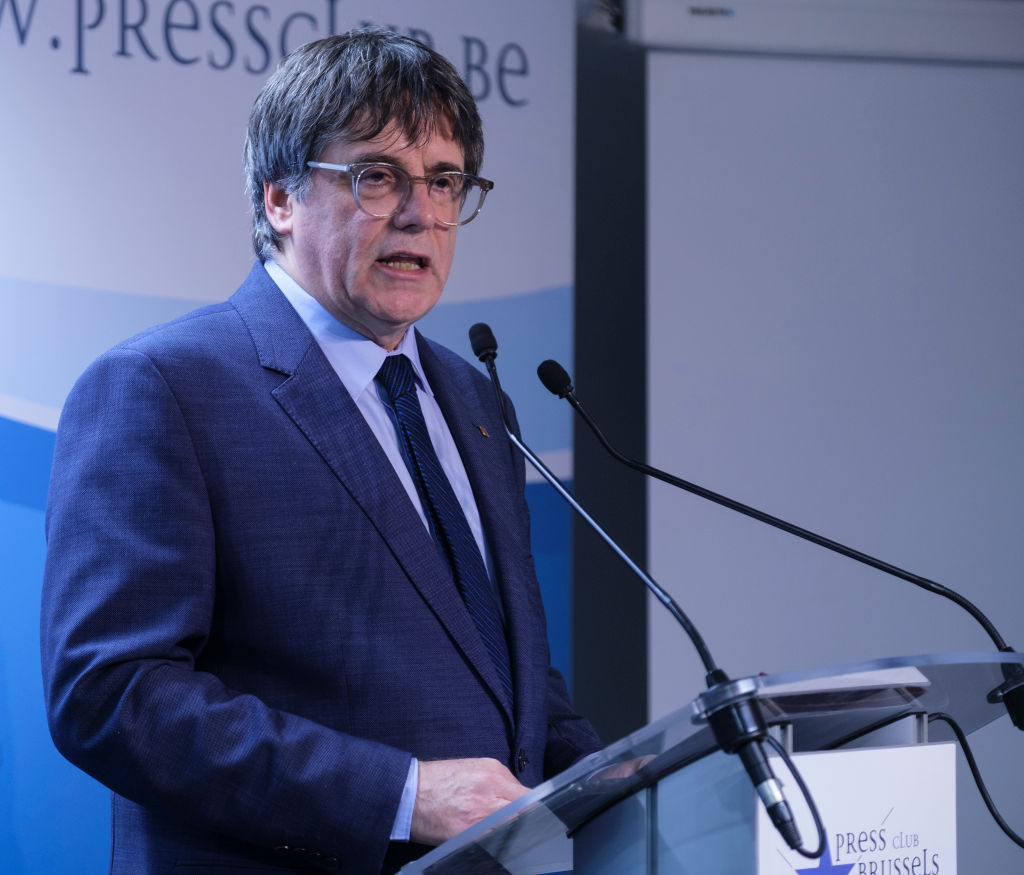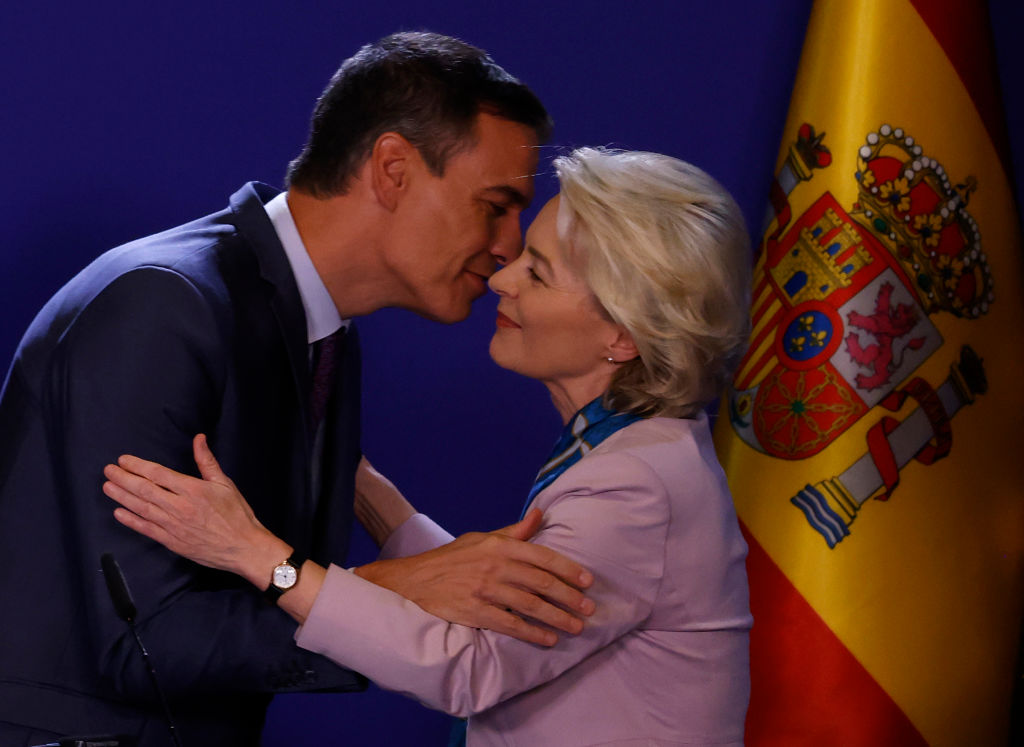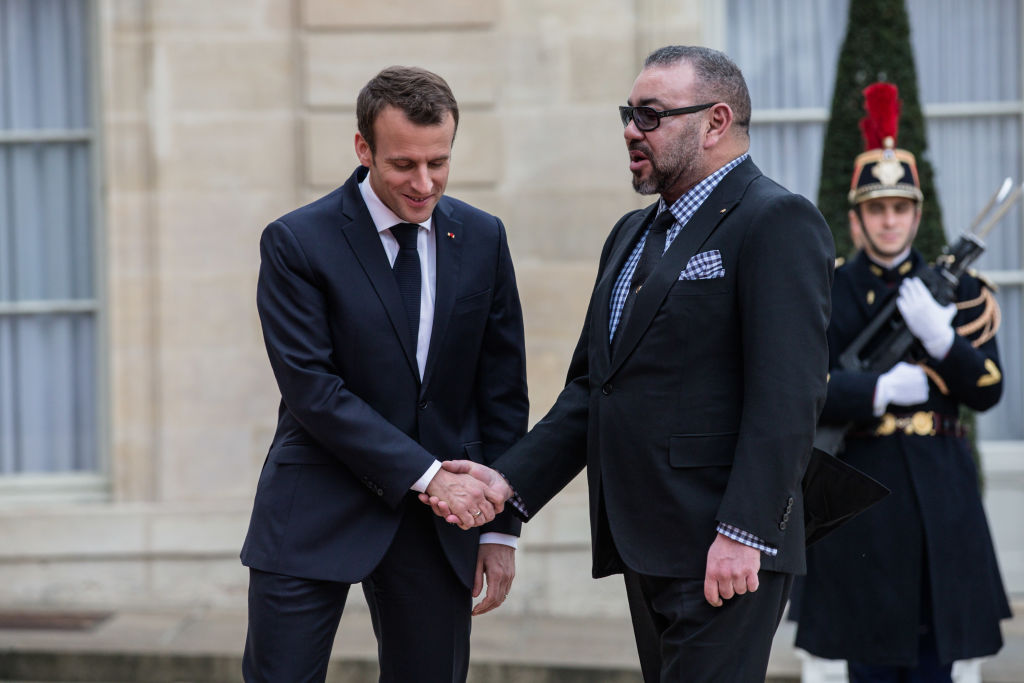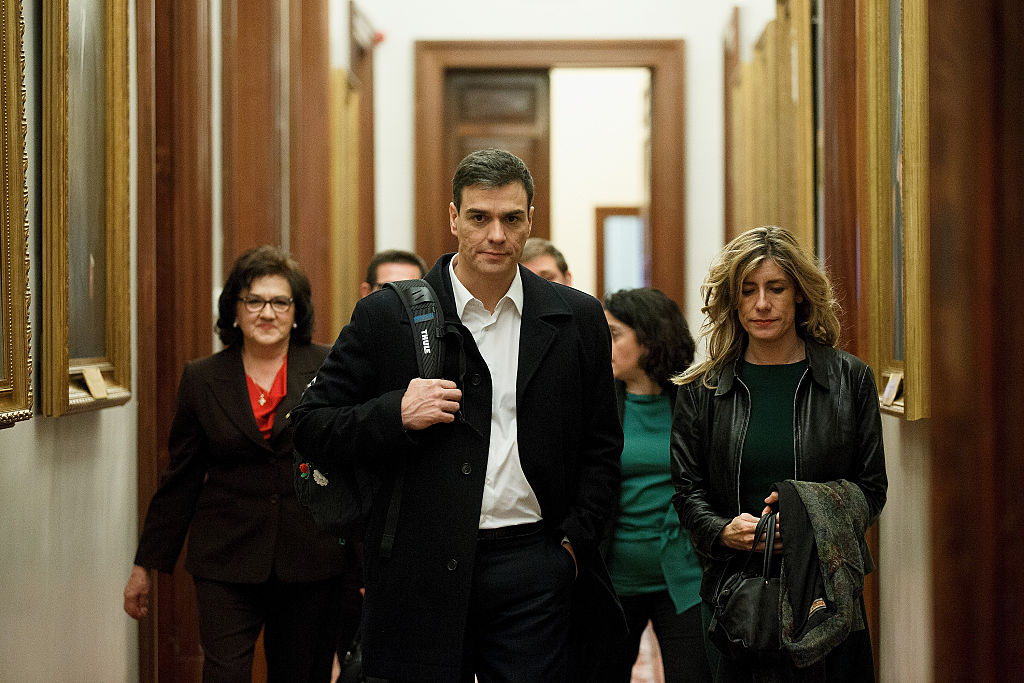The European Court of Justice (ECJ) ruled on October 4 that the European Commission breached the right to self-determination of the people of Western Sahara by concluding trade deals with Morocco without their consent.
This ruling reaffirms the court’s 2021 decision after several appeals by the European Commission and the Council of the European Union, which had signed fishing and agricultural agreements with Morocco in 2019 that included products from Western Sahara.
The court declared that the consent of the people of Western Sahara is a necessary condition for the legality of these agreements.
#ECJ: The 2019 EU-Morocco trade agreements regarding fisheries and agricultural products, to which the people of Western Sahara did not consent, were concluded in breach of the principles of self-determination and the relative effect of treaties ? https://t.co/ATb3CgbPxg
— EU Court of Justice (@EUCourtPress) October 4, 2024
“The consent of the people of Western Sahara to the implementation is a condition for the validity of the decisions by which the [EU] Council approved those agreements on behalf of the European Union,” the court ruled.
It emphasized that the consultations held by the commission and the European External Action Service (EEAS) did not involve the people of Western Sahara but rather the inhabitants currently residing there.
The ECJ went further by declaring that products such as melons and tomatoes produced in Western Sahara must now be labelled to reflect their true origin, excluding any reference to Morocco.
“Labelling must indicate Western Sahara alone as the country of origin of those goods, to the exclusion of any reference to Morocco, so as to avoid misleading consumers,” the court said.
A joint statement from the EU’s High Representative for Foreign Affairs, Josep Borrell, and the President of the European Commission, Ursula von der Leyen, expressed their support for Morocco.
“The European Union has reiterated the high importance it places on its strategic partnership with Morocco, describing it as a longstanding, comprehensive, and deep relationship,” they said. “Over the years, the EU and Morocco have developed a profound friendship and robust, multifaceted cooperation, which the EU intends to elevate in the coming weeks and months.”
“The EU, in collaboration with Morocco, intends to preserve and further strengthen its close relationship with Morocco in all areas of the partnership,” they explain. The Moroccan lobby has a significant influence on European policy.
The Polisario Front, the Algerian-backed paramilitary group that advocates for Western Sahara’s independence and represents the Sahrawi people, hailed the decision as a “historic victory.”
Oubi Bouchraya, Polisario’s representative to the United Nations in Switzerland, stated: “It is a historic victory for the Sahrawi people that confirms the wrongdoings of the EU and Morocco and confirms the permanent sovereignty of the Sahrawi people over their natural resources.”
Thousands of Sahrawi refugees remain displaced in desert camps in Tindouf, Algeria. With the ruling, the EU now faces the choice of either withdrawing from the agreements or negotiating with the “internationally recognised representative of the people of Western Sahara, which is the Polisario Front,” Bouchraya added.
While the fishing agreement expired in July 2023, the court has allowed a 12-month period for the agricultural deal to remain in effect, citing legal certainty and the need to avoid negative consequences for the EU’s foreign policy.
Nonetheless, the court’s insistence on proper labelling and its stance on self-determination marks a significant shift for Brussels on the issue of Western Sahara.

Western Sahara has existed within a legal grey zone since the Spanish relinquished control of the territory in 1975, with Madrid serving as a guarantor of its independence for most of the 20th century.
Such a policy changed in March 2022, with the Pedro Sánchez government announcing that Spain now supported for Western Sahara to become an autonomous region within Morocco, which is the position advocated by Rabat.
“Spain considers the autonomy initiative to be the most serious, realistic and credible basis for the resolution of this dispute,” Foreign Minister Jose Manuel Albares said, using the same terms as a Moroccan government statement.
The Saharawi conflict with Morocco continues.
The French agriculture ministry has announced that the country is set to experience “one of the worst” wheat harvests in four decades. https://t.co/jlVkOJKdos
— Brussels Signal (@brusselssignal) August 12, 2024





